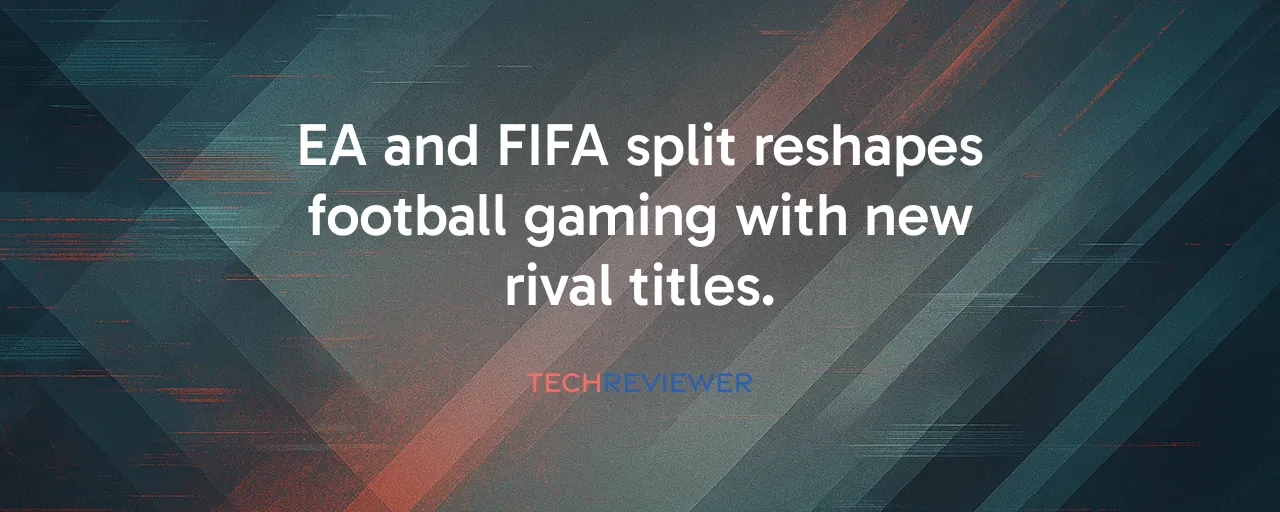The Final Whistle for FIFA 23
On October 30, 2025, FIFA 23's servers will go dark, ending online play for Electronic Arts final FIFA-branded game. Released in 2022, this title capped a 30-year partnership that began with FIFA International Soccer in 1993. Players can still enjoy offline modes, but online features like Ultimate Team, Pro Clubs, and multiplayer matches will vanish. This shutdown, announced via EA's Service Updates page, marks a pivotal moment for football gaming, closing a chapter that defined the genre for millions.
The move isn't unexpected. EA and FIFA parted ways in 2022 after failing to agree on licensing fees, with FIFA reportedly seeking over $300 million per four-year World Cup cycle. EA pivoted to EA Sports FC, launching FC 24 in 2023 and FC 25 in 2024. Players have until October 30 to enjoy the last EA FIFA game online. For many, the shutdown means losing access to meticulously built Ultimate Team squads, some representing hundreds of hours or dollars. It's a stark reminder of the fleeting nature of online-only game content.
EA Sports FC Steps Onto the Pitch
EA didn't miss a beat after the FIFA split, rebranding its football franchise as EA Sports FC. The series retains over 300 licensing partners, covering 19,000 players, 700 teams, and over 30 leagues, ensuring the same depth fans expect. FC 25, released in September 2024, introduced FC IQ, a tactical system using real-world data to enhance player roles and team movement. It also added 5v5 Rush mode, a fast-paced format across multiple game modes, showing EA's focus on evolving gameplay.
Despite these strides, FC 25 faced challenges. Sales at launch dropped 4.6 percent compared to FC 24 in the UK, and EA reported a $500 million revenue shortfall in January 2025, triggering a 16.7 percent stock plunge. Players cited gameplay balance issues and a lack of bold innovation, with some sticking to older titles like FIFA 23. Still, EA's ability to maintain its licensing portfolio and player base despite FC 25's underperformance highlights a successful transition, proving the FIFA brand wasn't the sole draw.
FIFA's Next Play: A New Game Landscape
FIFA isn't sitting idle. In October 2024, it partnered with Konami for FIFAe World Cup tournaments in eFootball, signaling a push into esports. More surprising was the October 2025 announcement of FIFA Heroes, a 2026 arcade-style five-a-side game by Enver Studios, featuring mascots and special abilities. Unlike EA's simulation focus, this game targets a casual audience, suggesting FIFA's strategy to explore new gaming niches instead of direct competition with EA.
Rumors of a 2K Games-developed FIFA simulation persist, but Take-Two's CEO cautioned in August 2024 that building a football game from scratch is daunting. With EA's established dominance, any new entrant faces steep hurdles, from securing licenses to matching technical polish. FIFA Heroes, while innovative, may struggle to capture the simulation crowd, indicating FIFA's gaming future depends on carving out a distinctive space.
Lessons From the Field: EA vs. Konami
EA's rebranding to EA Sports FC after the FIFA split demonstrates effective franchise management. By retaining club and league licenses, EA ensured continuity, with FC 24 achieving the best U.S. soccer game launch ever. This contrasts sharply with Konami's transition from Pro Evolution Soccer to eFootball in 2021. The free-to-play eFootball launched with technical issues, alienating fans despite its no-cost model. EA's success shows that content and polish outweigh brand name, while Konami's experience highlights the risks of rushed transitions.
Both cases underscore a broader truth: players value consistency and quality. EA's robust licensing and iterative improvements kept its audience loyal, even as FC 25 underperformed. Konami's recovery with eFootball, bolstered by FIFA's esports partnership, suggests a comeback is possible but requires time and trust. These examples reveal the delicate balance between innovation and reliability in sports gaming.
The Bigger Picture: Digital Ownership and Beyond
The FIFA 23 shutdown raises tough questions about digital ownership. Ultimate Team, which generated $1.62 billion in 2021, leaves players with nothing tangible once servers close. This mirrors Ubisoft's shutdown of The Crew in 2024, where players campaigned for offline access to preserve their purchases. Such losses fuel debates about the ethics of live-service games, especially when microtransactions drive engagement.
Looking ahead, the sports gaming landscape is shifting. Free-to-play titles like UFL, backed by FIFPRO, challenge EA's premium model. Regulatory scrutiny of loot boxes, already restricted in Belgium and the Netherlands, could reshape monetization. EA's focus on live services, accounting for 73.5 percent of its revenue, suggests a future where ongoing engagement outweighs one-time sales. Yet, as players demand more value and regulators tighten rules, the industry must adapt to balance profit with fairness.
